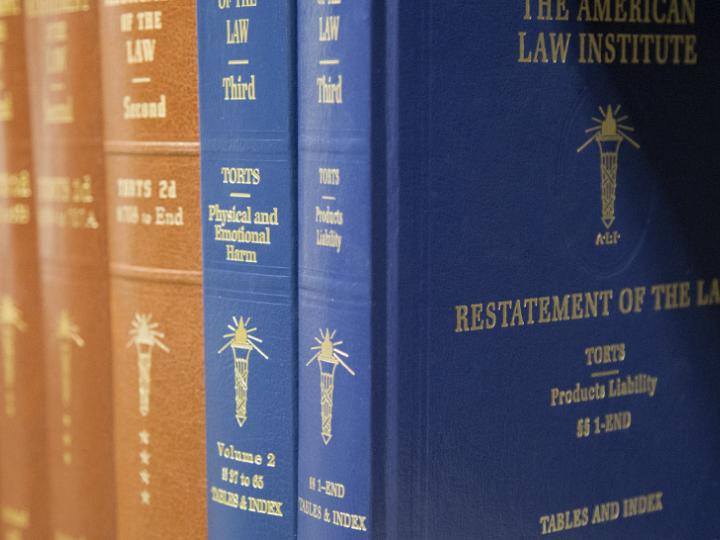In Ludman v. Davenport Assumption High School, 895 N.W.2d 902 (Iowa, 2017), the Supreme Court of Iowa adopted Restatement of the Law Third, Torts: Liability for Physical and Emotional Harm § 51. In that case, a high-school baseball player brought a premises-liability action against a high school after a foul ball struck him in the head and fractured his skull while he was standing in an unprotected part of the visitor’s dugout at the school’s baseball field.
The trial court denied the school’s motions for summary judgment and entered judgment on a jury verdict finding that the school’s negligence caused the injuries that the player sustained. Reversing on other grounds and remanding to the trial court for a new trial, the Supreme Court of Iowa held that the trial court was correct in overruling the school’s motions for directed verdict on the duty element of the player’s negligence claim.
The court “adopt[ed] the duty analysis for land possessors contained in section 51 of the Restatement (Third) of Torts: Liability for Physical and Emotional Harm,” and concluded that the instructions given by the trial court in this case were consistent with the Restatement. The court explained that the primary assumption of the risk or limited-duty rule due to an open and obvious condition did not relieve the school of the duty contained in § 51, noting that “[t]he Restatement (Third) of Torts: Liability for Physical and Emotional Harm and the Restatement (Third) of Torts: Apportionment of Liability indicate there is a move to abandon a no-duty rule when plaintiff knows of an open and obvious risk inherent in an activity.”
The Institute is currently working on other portions of the Restatement Third of Torts—Restatement of the Law Third, Torts: Intentional Torts to Persons and Restatement of the Law Third, Torts: Liability for Economic Harm. Visit the Projects page to learn more.
